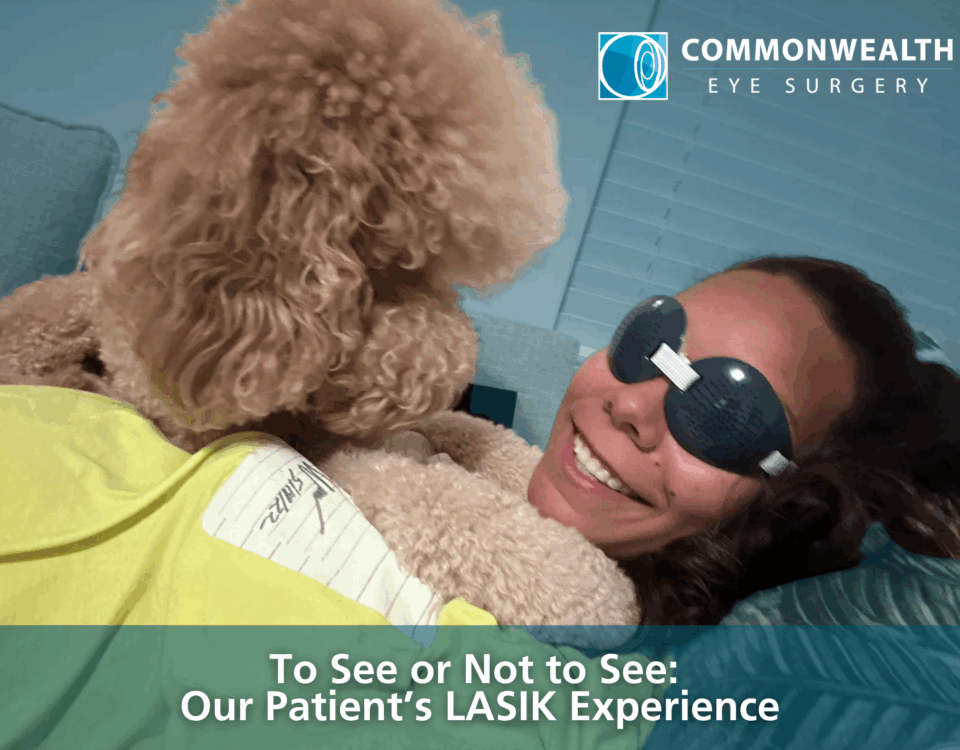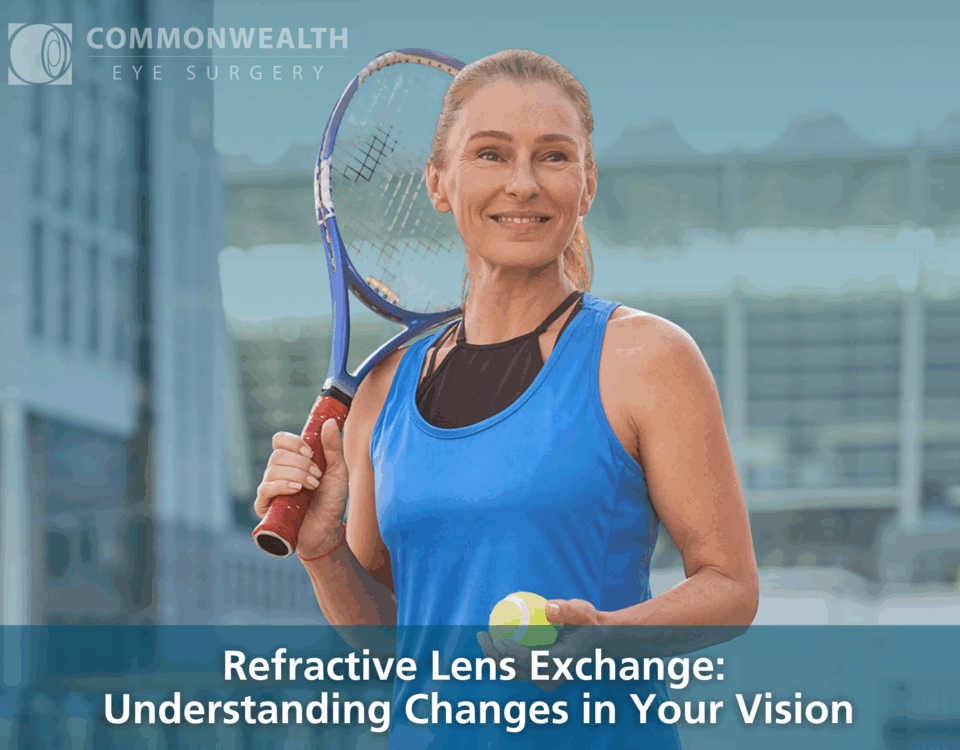
What 20/20 Vision Means for LASIK Patients
February 18, 2013
Is the Sun Hurting Your Eyes?
March 4, 2013First of all, the term “night blindness” is a bit of a misnomer because it doesn’t really mean that you become completely blind in the traditional sense once the sun goes down. Symptoms vary from person to person, ranging from reduced acuity at night, taking longer than it used to for your eyes to adjust in the dark and difficulty driving at night.
So what causes night blindness? A variety of conditions—from nutrient deficiency to cataracts to overexposure to the sun—could be the culprit. Over time, debris can build up on the lens of your eye, causing a cataract. The process is painless but progressive. So the first symptom you might notice is blurriness or halos around lights at night.
Have you ever noticed that your night vision is worse after spending the day in the sun? That’s because prolonged exposure to bright light can worsen night vision for up to two days. While this condition is temporary, other conditions could be ongoing. Vitamin A and Zinc deficiencies have been linked to poor night vision too. Diabetes is another illness that can lead to night blindness. That’s because the back of the eye can become damaged after years of exposure to high blood sugar, which is toxic to blood vessels and nerves in the eye.
The best way to find out what’s going on with your eyes and how to correct it is to have a complete eye exam. If you have a vitamin deficiency, nutritional supplements could potentially help improve your night vision. For more serious conditions like cataracts or diabetes, your eye doctor will be able to recommend a treatment plan that may include cataract surgery, laser eye correction or eye therapy. Contact Commonwealth Eyes for an exam and we can answer any questions you may have about night blindness or vision problems.




